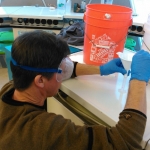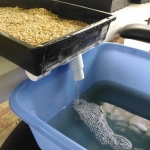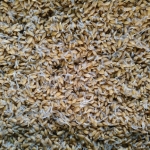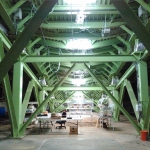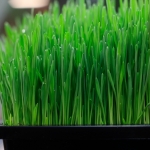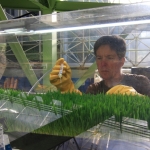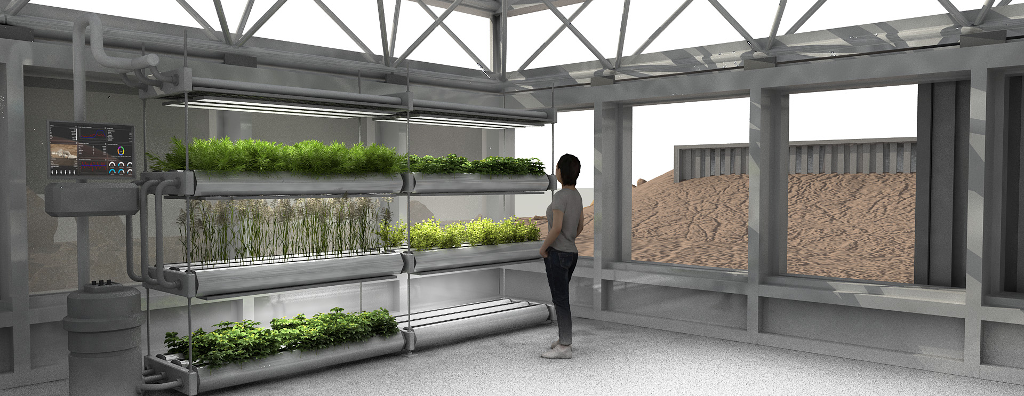
What do research teams at SAM do?
SAM is a hi-fidelity analog and research station that leverages the world class expertise and facilities at the University of Arizona Biosphere 2 and the Controlled Environment Agriculture Center (CEAC). SAM is built upon 5 principal lines of research (below) and welcomes research teams that work within these areas, or bring entirely new research projects to our facility.
- Transition from physicochemical (mechanical) to bioregenerative (plant-based) environmental control and life support systems (ECLSS), and the continuously shifting balance of these two as humans enter and exit, and crops are planted, consumed, and harvested.
- Learn how to close air, food, and water cycles for other-world exploration, and to become better custodians of our home planet Earth.
- Design and development of a compact, fully functional surgical bay for long-stay, remote habitats; and a study the microbiome of the built environment
- Crew arrival, departure, and EVA evaluation of tools, construction and repair, data collection, and communication while encumbered by pressure suits and the testing of rovers and autonomous vehicles in a simulated terrain Mars yard.
- Advanced computer simulation with real-world model validation, in specific, SIMOC, an agent-based model that includes a SAM preset and over time becomes a “digital twin”.
These research foci are by no means mandates, rather they the core objectives of the SAM team and stimulation for the imagination of visiting researchers. Visiting scientists can work on-site to conduct experiments or install equipment to be operated remotely, or ship test and data collection systems to be installed by SAM staff.
Additional areas of scientific inquiry might include:
- Soil, hydroponic, and aquaponic agricultural systems
- Food production and food consumption studies
- Plant-based CO 2 sequestration and bioregeneration
- Converting regolith to soil, and soil health studies
- Transition from mechanical to sustainable, hybrid ECLSS solutions
- Seasonal radiation and artificial lighting studies
- AI and robotics automation and cohabitation
- Human factors, tool use, and haptics
- Use of fully functional pressure suits in the surrounding Mars yard
- Short-term food and sociology studies
- Long-term studies in human psychology will be considered only for qualified teams.
- To name a few …
Artists, writers, and filmmakers too!
SAM also welcomes non-scientific teams, such as artists, writers, and filmmakers. These team members must also submit a full proposal and undergo the full training required for safety and a positive SAM experience.


